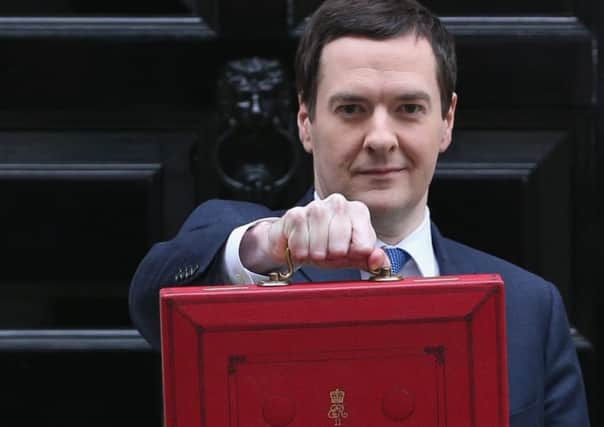Jeff Salway: Perks for wealthy unaffordale luxury


There’s a very expensive one in particular that the coalition government has refused to cut, even as its war on the welfare budget has left millions of households desperate and destitute.
Pensions tax relief now accounts for 3.2 per cent of GDP and in the 2012-13 tax year cost the taxpayer an estimated £50 billion, according to Richard Murphy of Tax Research UK.
Advertisement
Hide AdAdvertisement
Hide AdThe bulk of this goes to higher rate taxpayers, as tax relief on pension contributions is paid at the saver’s highest marginal rate. Around 20 per cent of all pension tax relief goes to the top 1 per cent of income taxpayers (just 300,000 or so people).
One might see this as an obvious savings opportunity for a government that has used the deficit as an excuse for cuts that have hit the low-paid, the disabled, the young and the vulnerable disproportionately hard.
The idea that higher rate tax relief on pension contributions could be reduced or even axed is floated ahead of the Budget every year, often by pension firms warning of how disastrous it would be.
The government’s refusal to extend wealth taxes makes it inevitable to some extent that pensions will be targeted for budget savings.
It’s also true that government meddling with pensions over the past two decades has damaged trust enormously. In that sense the industry would seem to have a point when it warns that cuts to pensions tax relief would undermine incentives to save.
It’s not a particularly strong argument, however, being hampered by a lack of evidence that affluent people will save less if the higher rate tax relief is taken away. This is a demographic that will typically save anyway, albeit more in Isas, property and other assets and vehicles if the pensions tax benefit were watered down.
There have been some changes, in the form of reduced lifetime and annual tax allowances on pensions, that take effect next month.
However it’s time to go further and get rid of higher rate tax relief on pensions altogether. Yes, the drawbacks for the pensions industry are considerable, but the funds can be better spent on helping boost savings provision across society and reforming an inefficient pensions system rather than supporting a generous tax break for those who don’t need it.